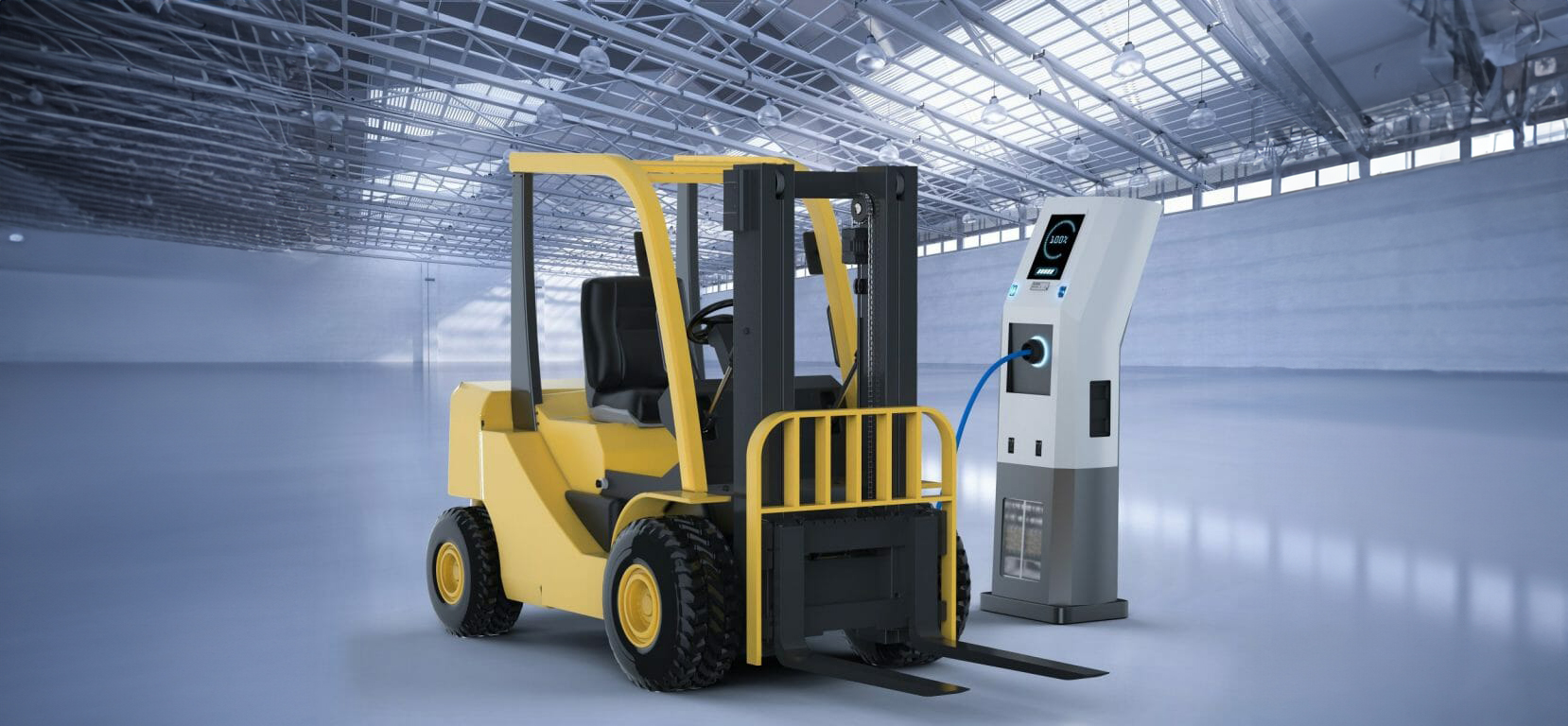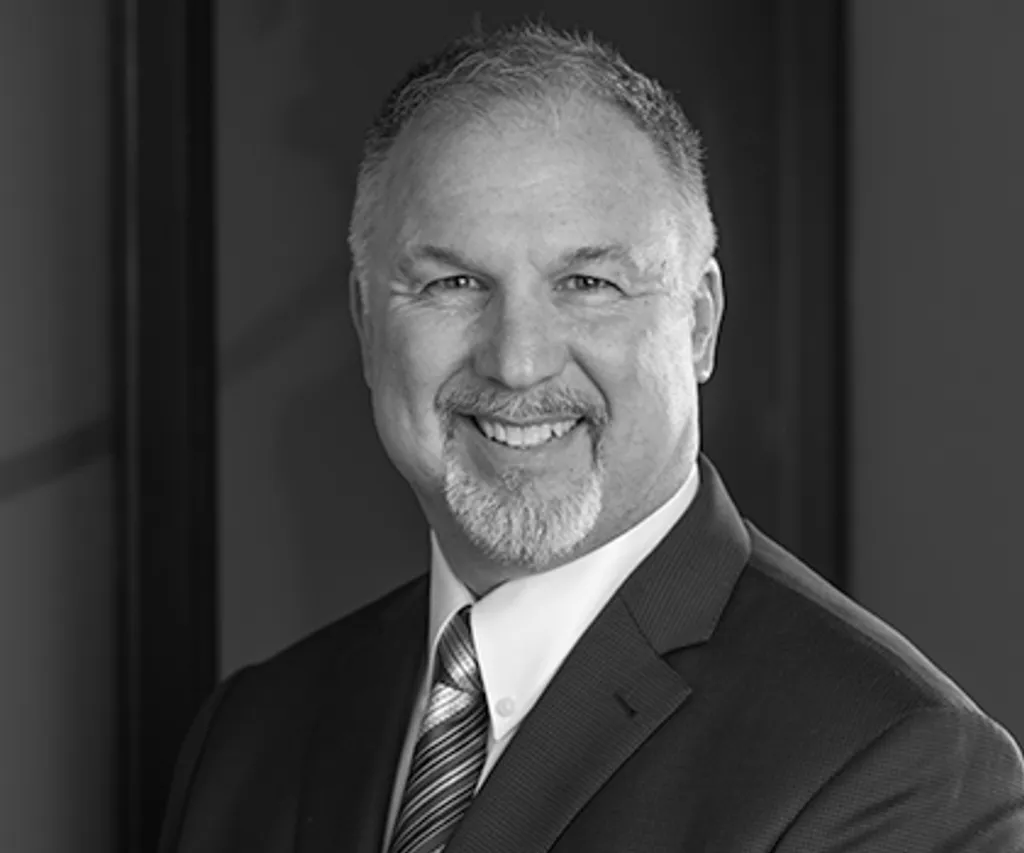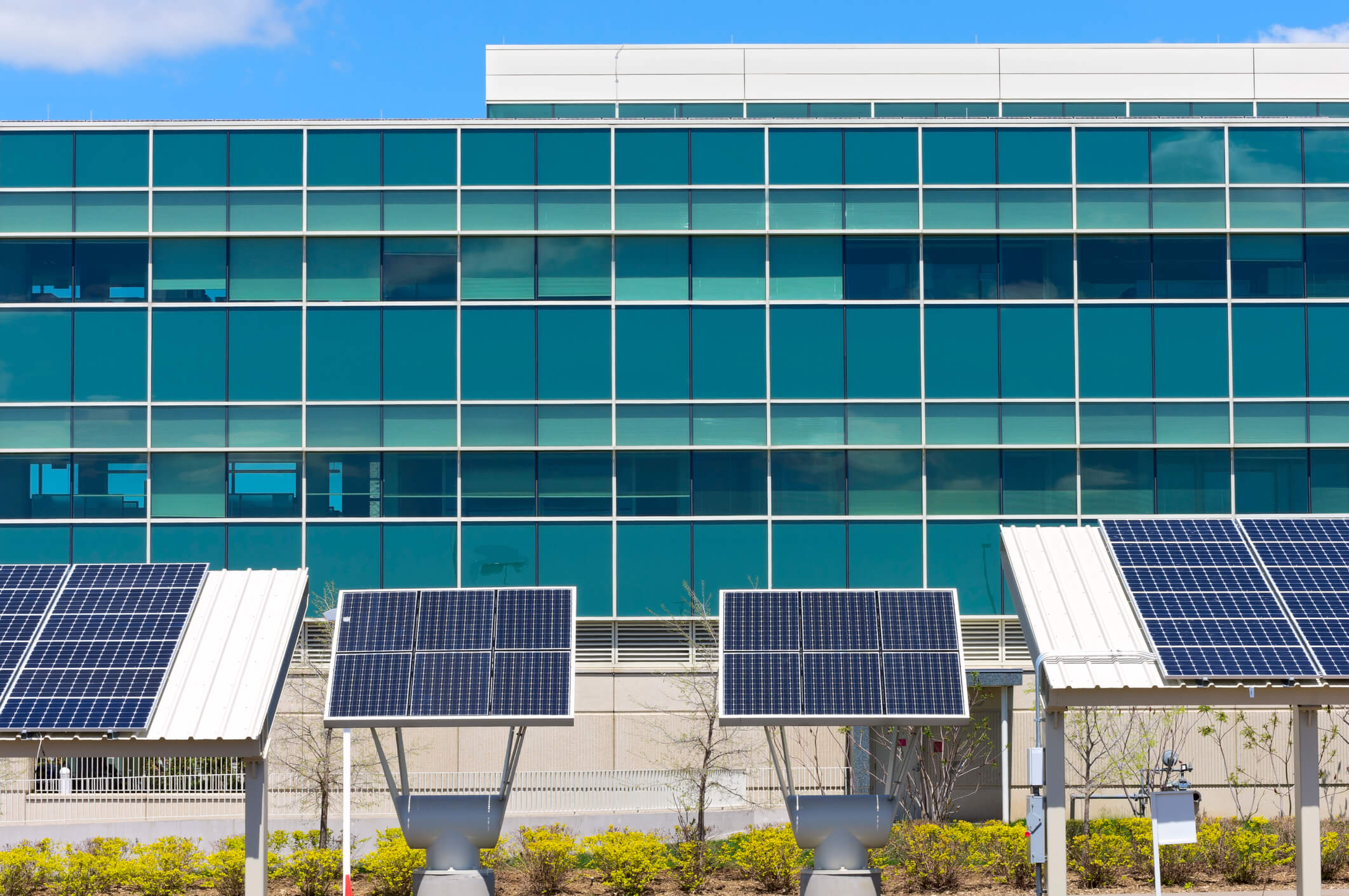Author: Gwelen Paliaga | July 28, 2022
Most of the energy in buildings is used to meet human needs—lighting, fresh air ventilation, heating, and cooling support our productivity, health, and comfort. We know that a significant portion of building energy consumption is wasted through a combination of missing occupant needs and sub-optimal design and operation. This challenge presents opportunity to improve building energy performance in ways that also contribute to people’s health, well-being and productivity.
A 2019 ASHRAE Journal paper titled Eliminating Overcooling Discomfort While Saving Energy addresses the challenge of making people more comfortable while saving energy, and was recognized as article of the year through the Journal Paper Award. Developed with several ASHRAE member colleagues, the article describes how “overcooling” in commercial buildings is often caused by controls programming based on “unsubstantiated engineering assumptions”. The article further explains how correcting these assumptions through inexpensive control logic modifications can drive better building energy efficiency and a more comfortable indoor environment for occupants – reducing cold complaints by as much as half! This article reflects results from numerous research projects over the last 10 years and the development of ASHRAE Guideline 36 High Performance Sequences of Operation (GDL 36).
The most common HVAC system used in commercial buildings in north America, VAV reheat, is susceptible to this over-cooling issue. Simply raising the thermostat setpoint does not solve the problem because the equipment and control logic behind the scenes is pumping too much cold air into the space, driving the temperature well below the thermostat setpoint. This causes occupants to be too cold in the summer when they are typically wearing lighter clothing and is less of an issue during the cold season when people wear thicker clothing.
The solution has been proven through recent research and incorporated into GDL 36. TRC is engaged in market transformation efforts to support wide scale adoption through field demonstrations, engagement with controls manufacturers to create standardized control logic libraries, and through novel new utility program designs. For buildings with relatively new HVAC control hardware, this measure can pay back in less than one year on energy savings while also improving comfort. Older controls hardware that need to be upgraded is likely to pay back in 5-10 years if the entirety of GDL 36 is implemented. We are excited about refining this estimate with results from our current demonstrations in California and New York.
These benefits are particularly relevant not only during the hot summer months, but also during the lower and variable building occupancy created by COVID-19. One of the primary energy savings features of GDL 36 is dynamic response to building loads, which offers the most savings during low-moderate occupancy—and represents something buildings owners/managers can do during COVID-19 to maximize savings during low occupancy and automatically and selectively switch back on HVAC systems in an efficient and effective manner as people come back to the office.
To learn more about this work and other industry-advancing building technology and commercialization research at TRC, contact Gwelen Paliaga, Technical Director.
Sharing Our Perspectives
Our practitioners share their insights and perspectives on the trends and challenges shaping the market.
Plan, Do, Check, Act: The Importance of Program Evaluation for Energy Efficiency Programs
July 14, 2025
We’re excited to share Episode 8 of TRC’s Energy Talks Podcast, where we’re joined by experts from NEEA and Consumers Energy to explore the vital role of program evaluation in advancing energy efficiency and market transformation.

TRC Earns U.S. Department of Energy (DOE) Qualification to be a Provider of Industrial Assessment Centers (IAC) Equivalent Energy Assessments
September 24, 2024
TRC can now provide IAC equivalent energy audits to small and medium-sized manufacturing (SMM) firms, who can receive grants of up to $300,000 for implementation of audit recommendations.

Utility Carbon Data Management
May 27, 2024
We’re pleased to announce Episode 7 of TRC’s Energy Talks Podcast, where we join experts from utilities and carbon accounting solution providers to discuss how our industry is understanding, measuring, and working to improve our collective carbon footprint.

Empowering Stakeholders to Co-Create Solutions that Address Inequity
April 23, 2024
Addressing inequality and ensuring that the benefits of the clean energy transition are accessible to all requires close examination of long-relied-upon processes that may have hidden inequities ingrained within them.

Monetizing the Environmental Attributes of Building Decarbonization Programs
March 27, 2024
Tune in to Episode 6 of TRC’s Energy Talks Podcast, where we join industry experts from the wholesale energy and environmental commodity markets to discuss how utilities and project developers are valuing the environmental attributes of building decarbonization projects.

Hydrogen Hub Funding Provisions
March 26, 2024
TRC’s panel of practitioners discuss the Hydrogen Hub (H2Hub) funding provisions of the Bipartisan Infrastructure Bill (BIL).
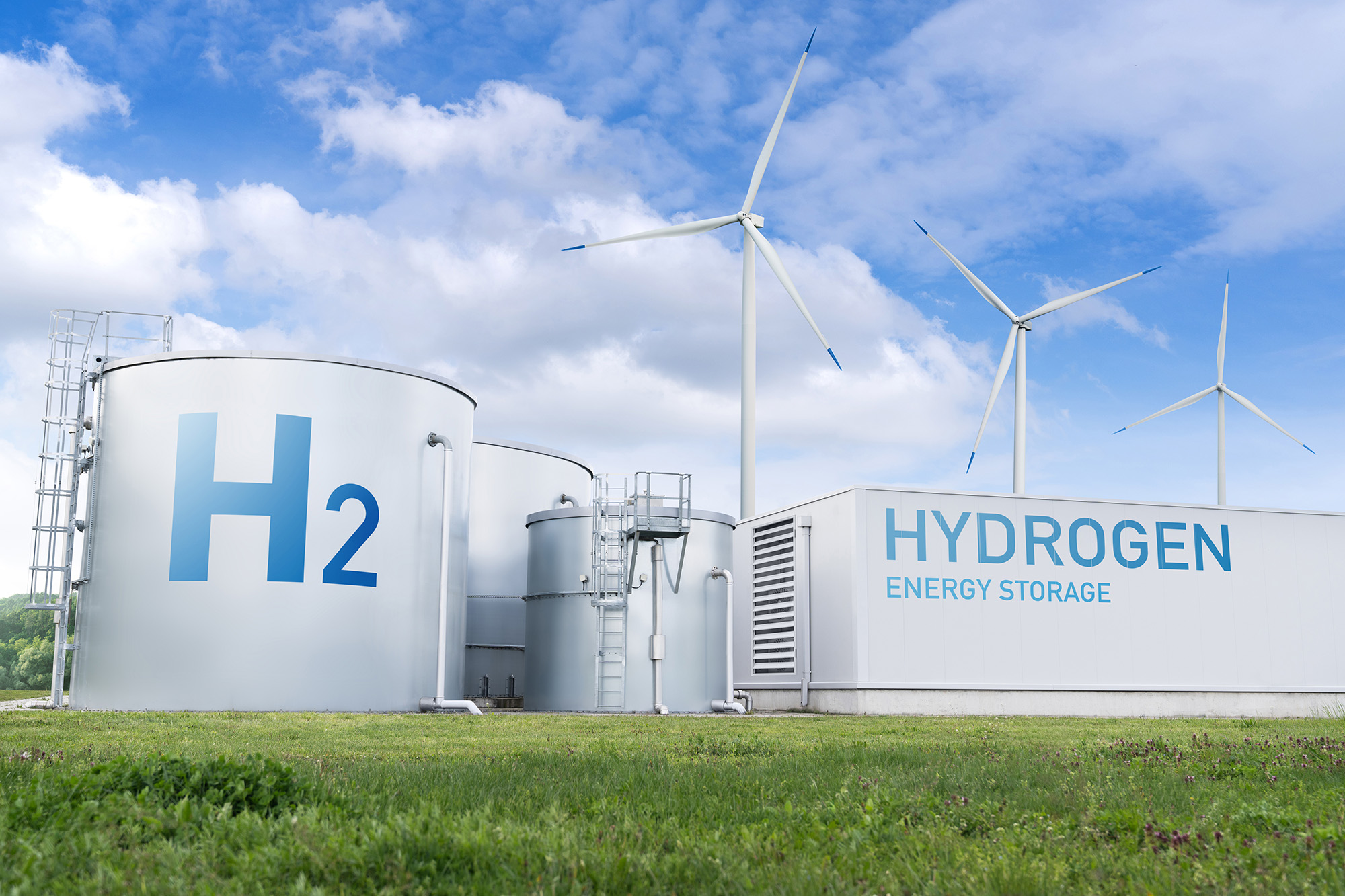
TRC Companies, Inc. selected to participate in Department of Energy (DOE) Multi-State Clean Hydrogen Hub
October 13, 2023
TRC received an award for advancing the transition to a clean-hydrogen, low-carbon economy by supporting the Appalachian Regional Clean Hydrogen Hub (ARCH2) consortium.

Download Whitepaper: 10 Years of Insights for Clean Community Microgrids
March 1, 2023
Clean, community microgrids represent a promising and timely opportunity for you to advance your customer offering and deliver meaningful societal benefits, all while modernizing your grid and providing you with load flexibility.

Start Your Batteries: Mass Fleet Electrification is Coming (And What We Can do to Prepare)
April 13, 2022
As we plan for and make early investments for fleets, we’ll be paving the way for higher degrees of market penetration of passenger vehicles and other modes of transportation as well.

Ensuring a Just Transition: Optimizing Opportunities for All in the Low-Carbon Future
January 24, 2022
Carbon elimination of the magnitude needed to address climate change requires systems-level change that can only be reached by incremental, ground-up progress, building upon what we have achieved thus far.

Decarbonization: A Systems-Level Challenge and Actions to Address Climate Change
December 7, 2021
Carbon elimination of the magnitude needed to address climate change requires systems-level change that can only be reached by incremental, ground-up progress, building upon what we have achieved thus far.

10 Takeaways from the COP26 Climate Meeting
November 17, 2021
There are compelling reasons to be optimistic about the outcomes of the COP26 meeting. Notably, agreement among all nations that more needs to be done, by both private and governmental bodies, to contain and mitigate climate change.

The Price of Natural Gas: Onward and Upward or Just a Temporary Blip?
November 12, 2021
Most industry experts agree that weather aside, the global energy and gas markets are likely to remain uncertain with supply and market demand becoming tighter and more challenging to forecast.

On the Road to Decarbonization: The Role of All-Source Competitive Solicitations
October 14, 2021
All-Source Competitive Solicitations offer utilities an alternative to centralized planning, construction and dispatch of power supplies, helping to usher in a new era of market-driven technology innovation.
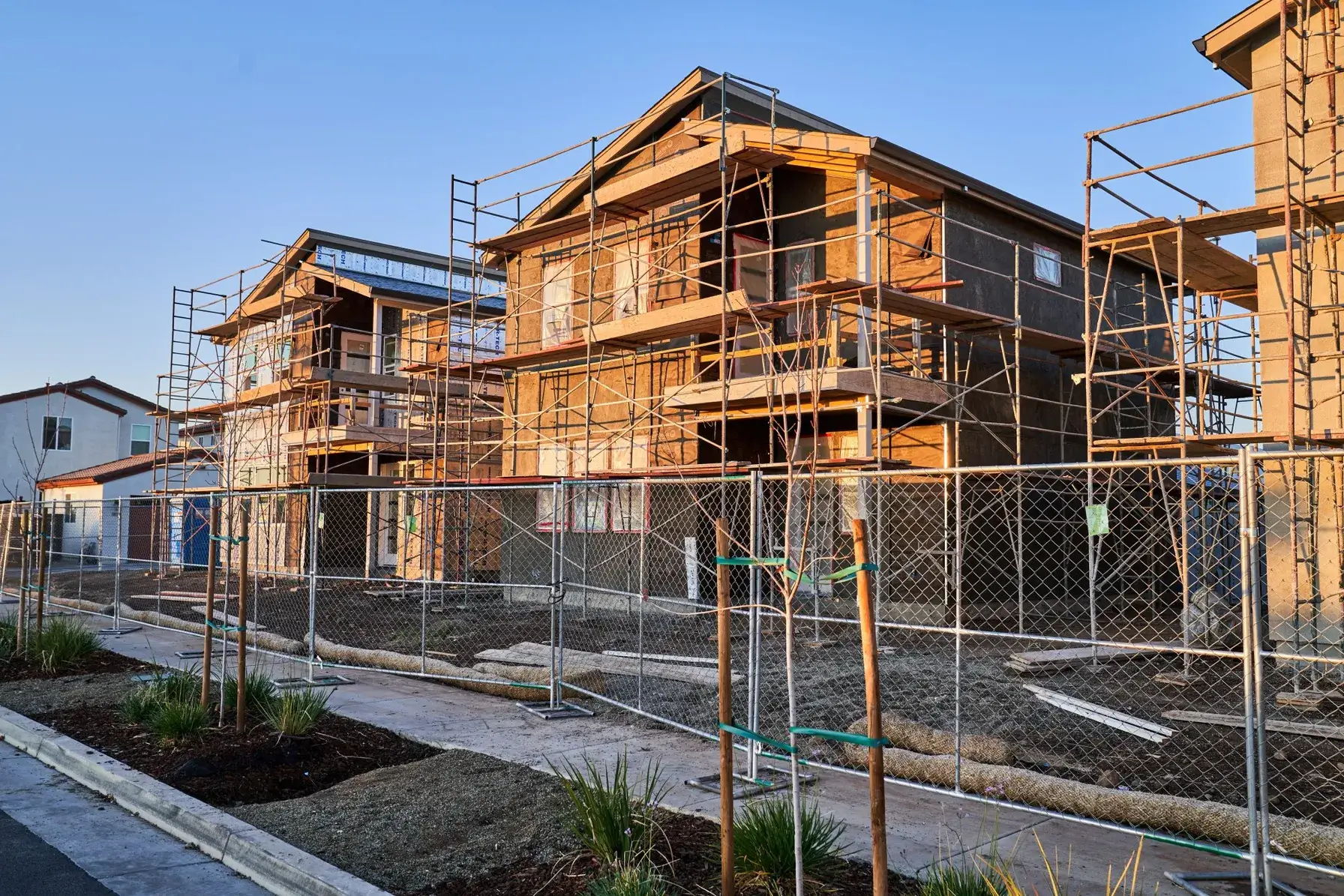
Pacific Gas and Electric Selects TRC as Program Implementer for New Construction Residential All-Electric and Mixed Fuel Programs
September 27, 2021
Pacific Gas and Electric Company (PG&E) formally announced TRC as the designated lead Program Implementer for the Statewide New Construction (SWNC) Residential All-Electric and Mixed Fuel Programs following a competitive solicitation process.
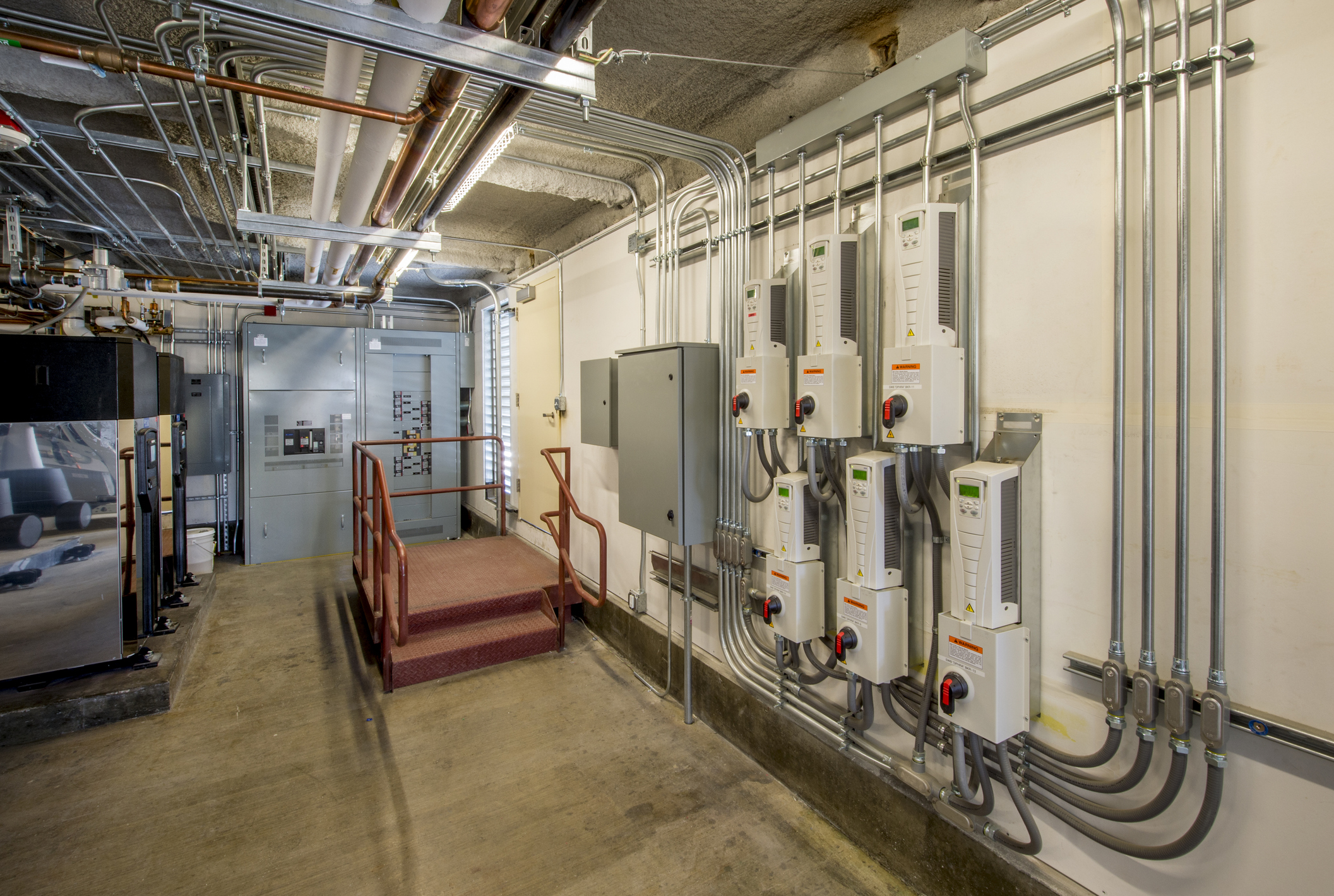
TRC and Slipstream partner with the Minnesota Department of Commerce to launch energy conservation R&D project
June 24, 2021
TRC, Slipstream, and the University of Minnesota are working with controls system manufacturers and contractors to develop such a standardized and streamlined building control retrofit process leveraging ASHRAE Guideline 36

TRC Companies Inc. Acquires EMI Consulting
January 27, 2021
Today TRC Companies (“TRC”), announces the expansion of its advanced energy capabilities with the acquisition of EMI Consulting (“EMI”), a Seattle based firm that consults on the strategic development of clean energy solutions including energy efficiency, demand management, decarbonization and customer engagement.
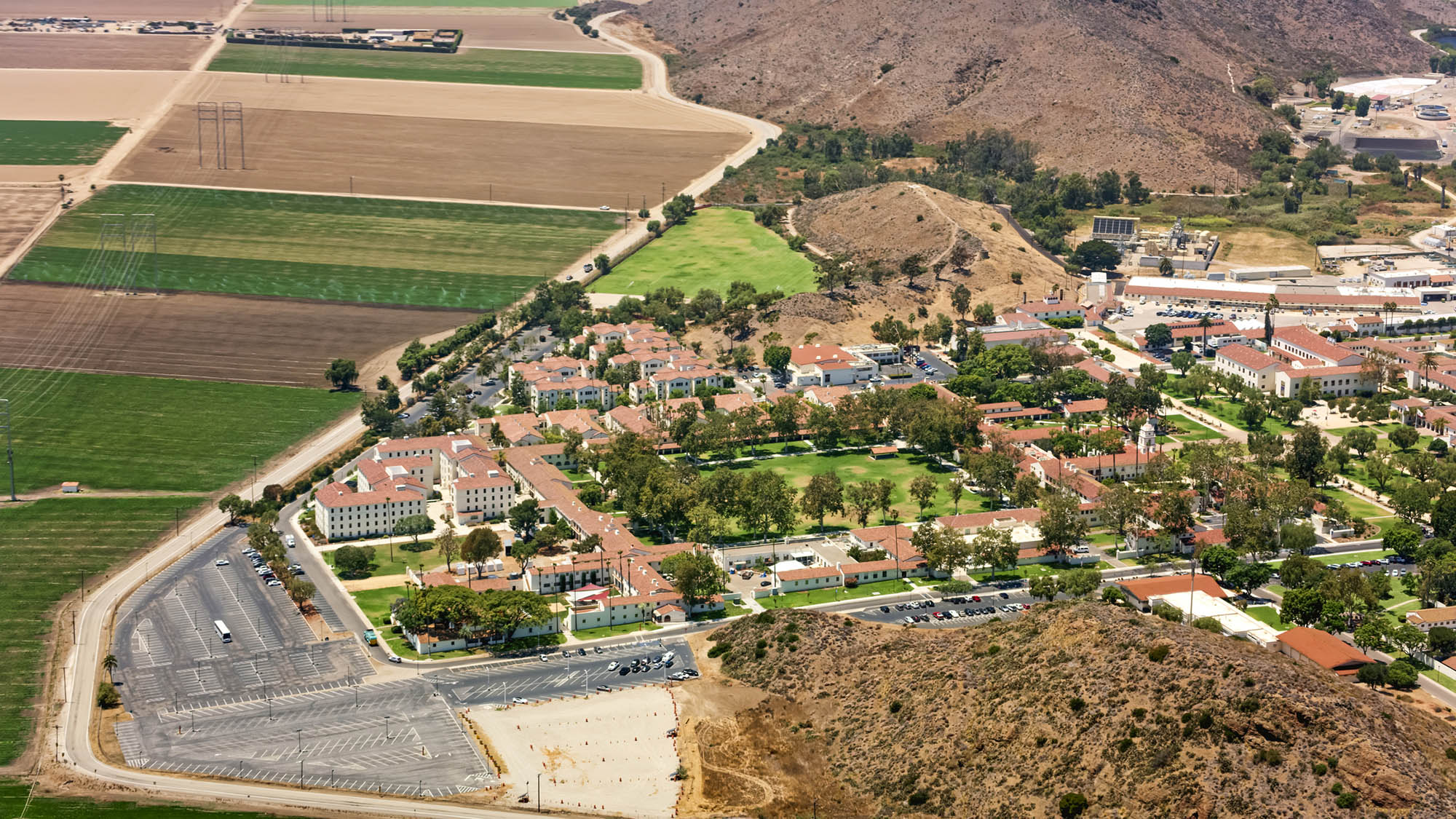
City of Camarillo, California approves moving forward with Hybrid Solar Microgrids at five critical community facilities
November 6, 2020
On October 28, the Camarillo City Council unanimously approved moving forward with the design of Hybrid Microgrids at five City facilities: City Hall, the Corporation Yard, Camarillo Public Library, Police Station, and Wastewater Treatment Plant. The microgrid at the Camarillo Public Library will be designed with solar+storage only, while the other four sites will employ a hybrid design of solar+storage+diesel.

TRC Digital partners with Dominion Energy to evolve its distributed energy resource strategy
September 22, 2020
Dominion Energy, one of the nation’s largest producers and transporters of energy, has partnered with TRC Digital to evaluate, implement and integrate technology to further the utility’s distributed energy goals. TRC Digital will facilitate Dominion Energy’s strategy development and technology execution, allowing Dominion Energy and its customers to accelerate the shift to distributed energy resources (DER) and net carbon reduction.

Strategic Electrification
February 4, 2020
As we look to spur strategic electrification across the US, it will be up energy providers and solution implementers to continue sharing ideas, insights and lessons learned

A place called home: Helping California families rebuild after wildfires
November 21, 2019
A place called home: Helping California families rebuild after wildfires
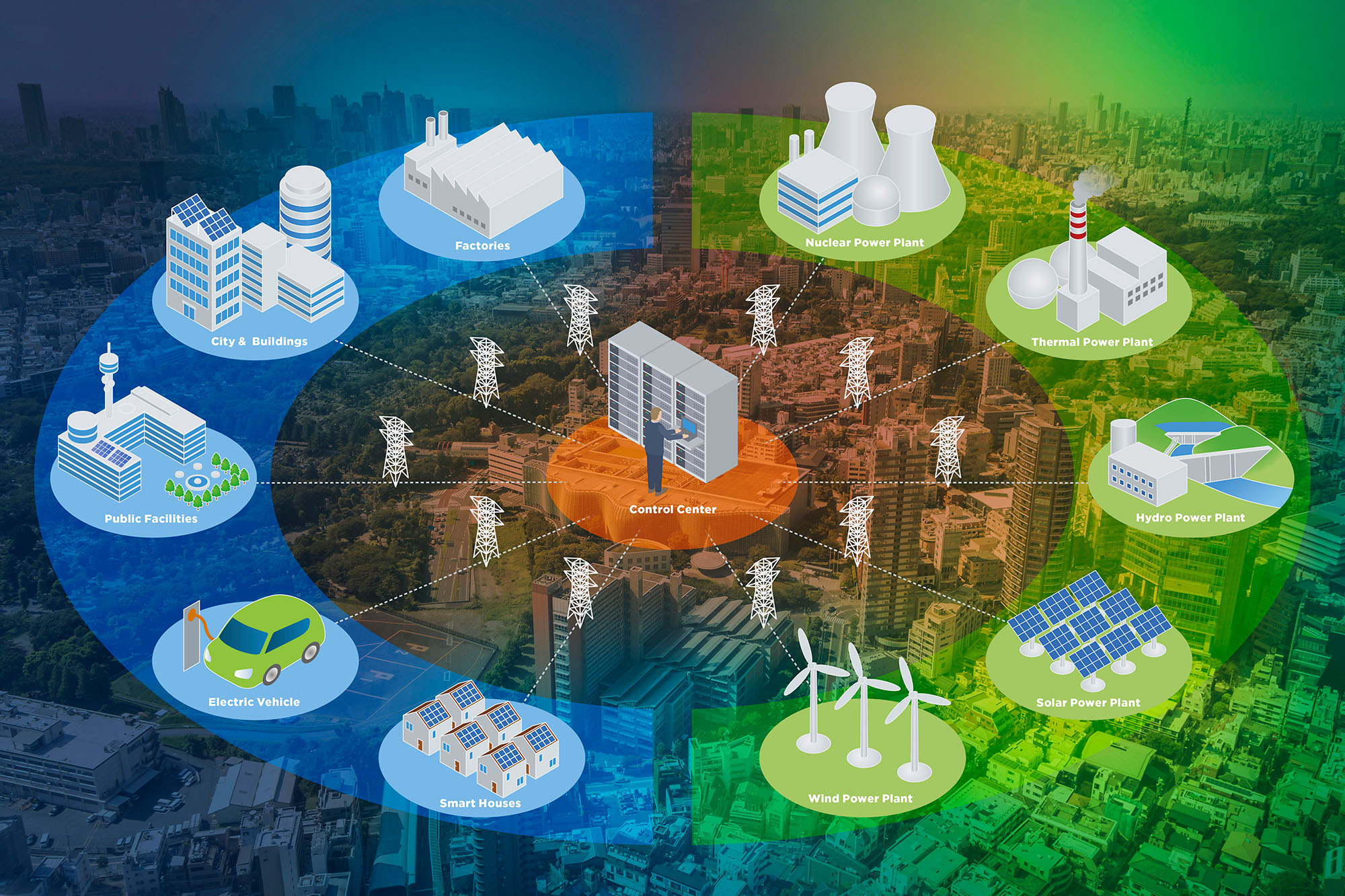
TRC and partners win $1 million grant for engineering innovative New York microgrid
April 20, 2017
TRC is proud to support Huntington, NY bolster power reliability and climate-change resiliency with a sophisticated new “community microgrid’’ combining solar energy, a fuel cell, biogas and traditional natural gas to deliver electricity and heat to local customers and institutions.
Gwelen Paliaga
Gwelen Paliaga is a Technical Director who oversees TRCs tech-to-market projects though cross-discipline research and consulting that combines engineering, building science, and human factors to advance building technologies and accelerate market adoption. Mr. Paliaga has a M.S. in Architecture with Building Science emphasis from the University of California, Berkeley (UCB), 16 years of experience in the field, and has held leadership positions with energy industry organizations, including chairing ASHRAE standards committees and a recent term as ‘Industry Chair’ of the membership consortium at the Center for the Built Environment (CBE) at UCB.













